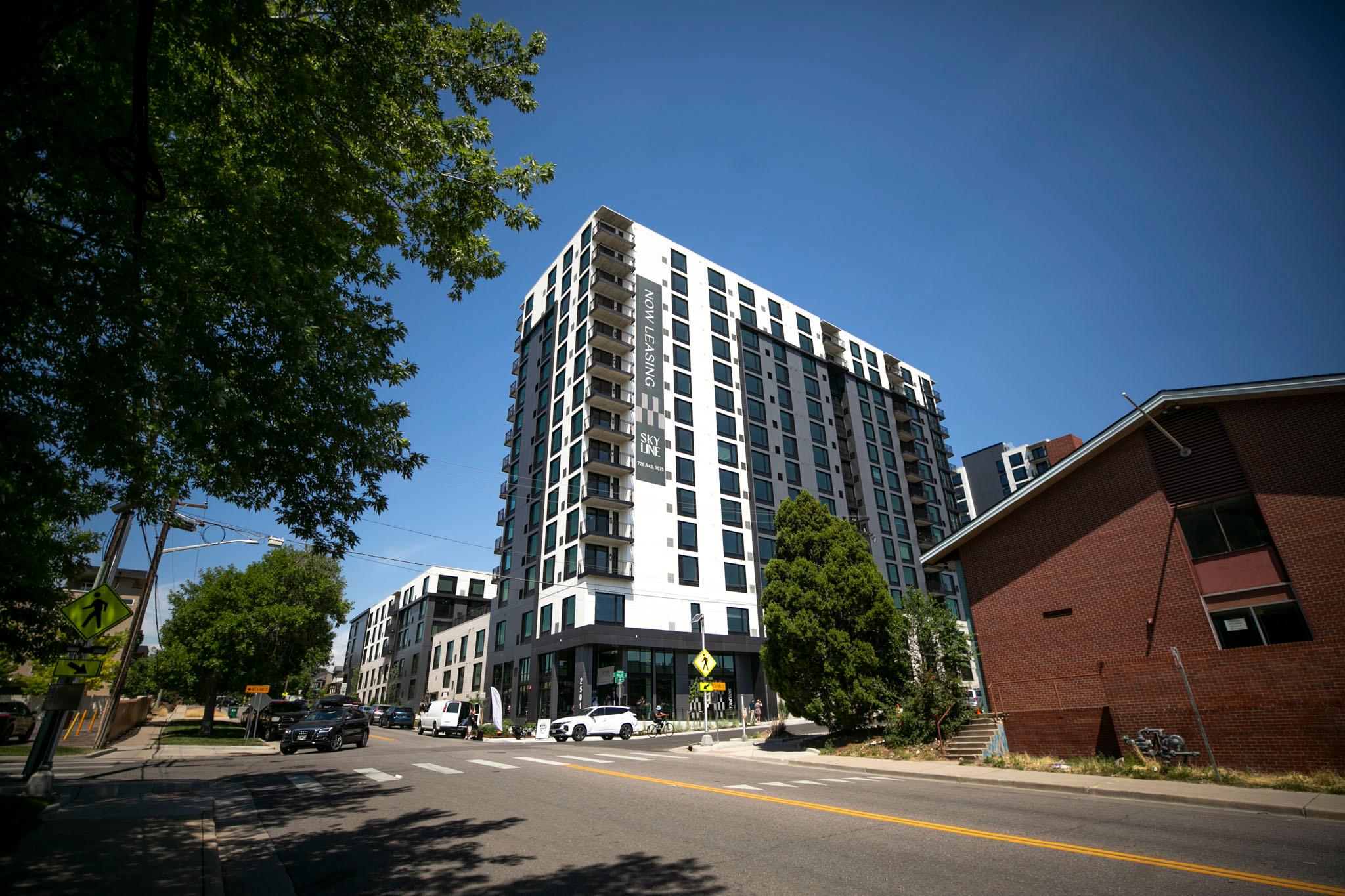Less than a decade ago, quaint single-family homes sat on the Northside block of 26th Avenue and Alcott Street in Denver's working-class Jefferson Park neighborhood.
It was the sort of community where a teacher could afford to live.
Across town, Denver property values were rising fast. Dense luxury apartments, duplexes and condos rose on the once largely Latino Northside.
Through the change, longtime neighbors, including many Latino families, were priced out. Others sold their homes and left the community. More white and wealthier individuals moved in.
Former Coloado Poet Laureate Bobby LeFebre wrote an entire play about the gentrification of the Northside. History Colorado created a Northside Memory Project to preserve the legacy of the largely demolished Latino neighborhood.
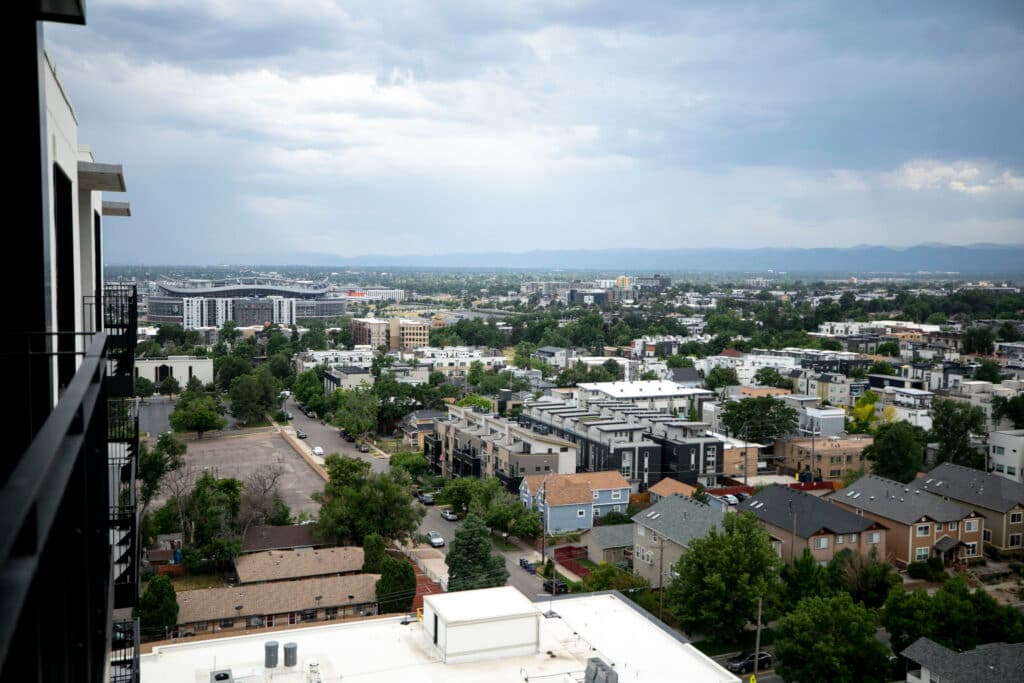
Different neighborhoods looked to Highland as a cautionary tale of how development can destroy naturally affordable housing and displace longtime residents.
Others promised that more supply would bring prices down, something that has not panned out in the short-term, and something that many former Northsiders who left the city will never enjoy.
By 2022, even Denver Public Schools' then-new Superintendent Alex Marrero, who was making $260,000, said his family struggled to afford Highland rent.
Northside homes become Highland luxury
Fast forward to 2024, and the homes at 26th Avenue and Alcott Street are now gone, replaced with luxury apartments dubbed Skyline at Highlands.
The largest multifamily apartment building to open in the city since 2002, Skyline at Highlands is bringing 533 units to the neighborhood.
New residents will enjoy "gourmet kitchens," "luxurious finishes," "scenic mountain views" and "intelligent smart features."
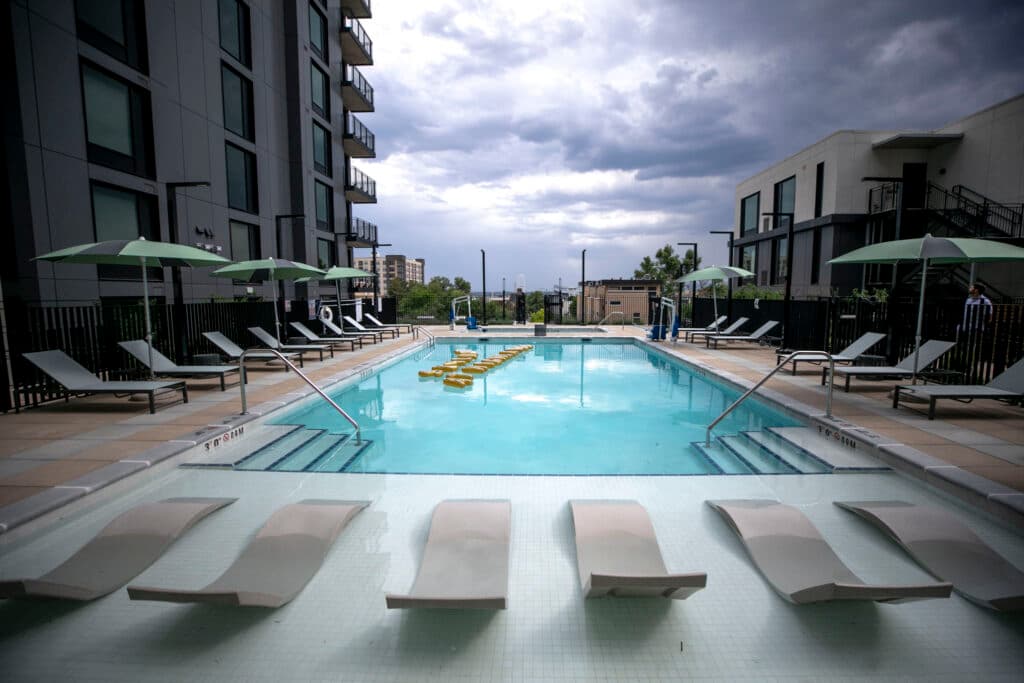
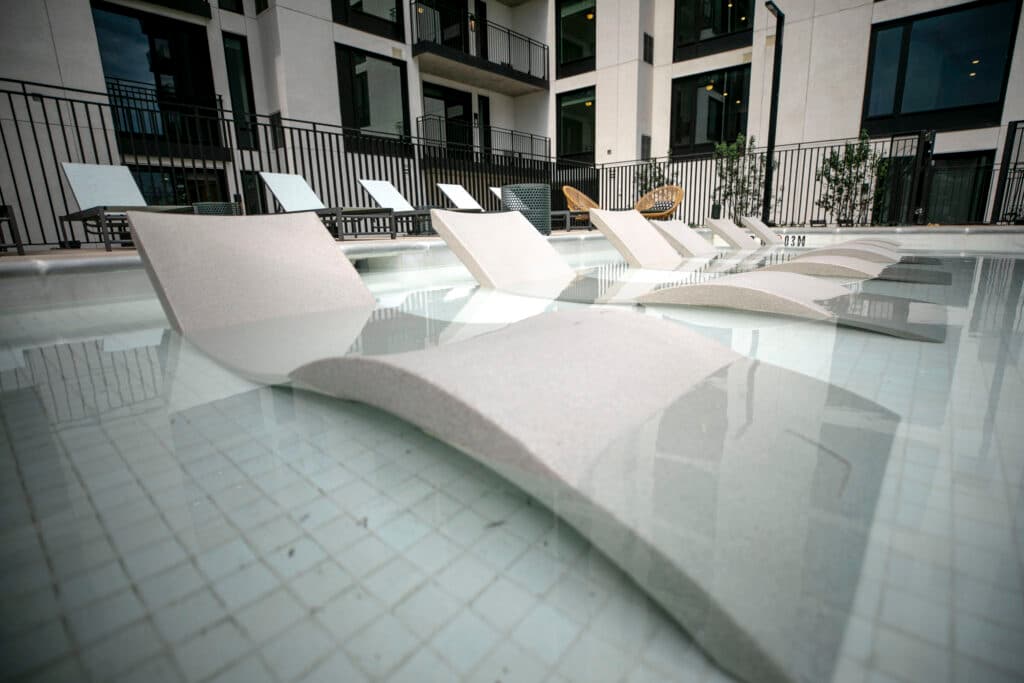
The building includes a large pool and hot tub; gathering spaces with hammocks, chairs and barbeque grills; a small dog park; rentable video-game consoles and outdoor equipment; a movie room and a music room with instruments and a turntable to play; a fitness center and a separate Pilates room; personal trainers; concierge service; and stylish apartments.
Renting at Skyline at Highlands looks like a great life — for those who can afford it
You can rent a studio apartment for a mere $1,899. A one-bedroom starting at $2,049 a month. Two bedrooms start at $3,189.
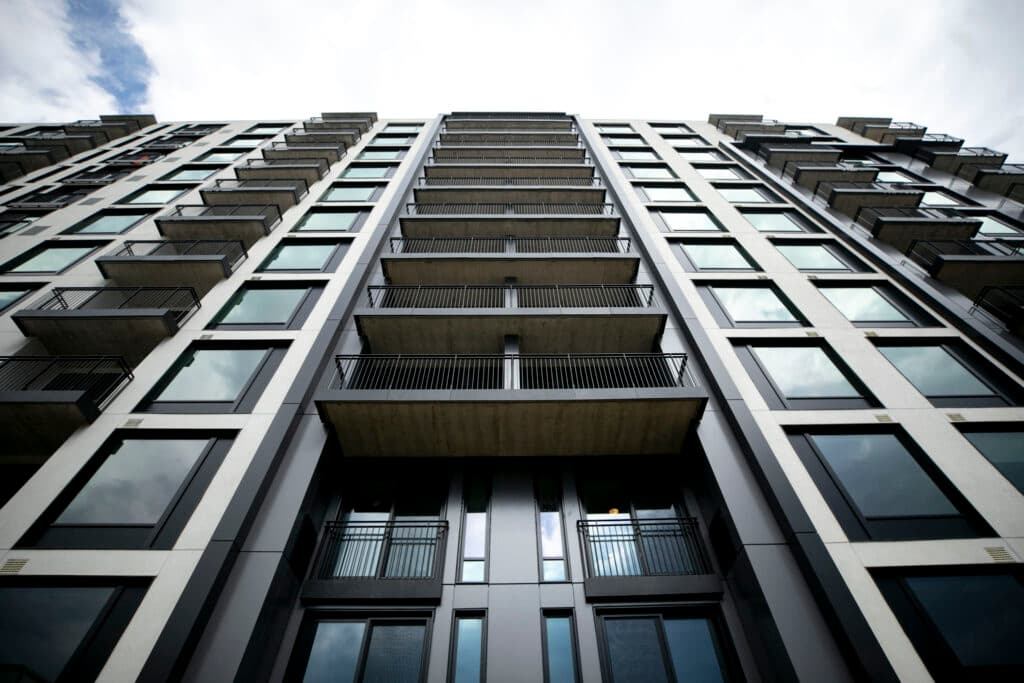
A family would need a gross income of roughly $126,000 a year, according to Rent Cafe's Rent Affordability Calculator, which estimates how much rent a household can afford if they spend the recommended max of 30 percent on housing a month.
That's nearly $9,000 higher than the area median income for a Denver family of three: $117,360.
The developer, Grand Peaks, acknowledged housing affordability is a big issue in Denver with a free rent lottery.
The company gave 10 Denver teachers free rent for a year. The homes were divvied out through a lottery between 218 teachers in their first three years of service who applied.
In total, roughly 1,200 received the invitation. The district employs around 15,000 educators, most of whom were not eligible.
Those educators in their first three years on the job make between $63,586 and $72,422 a year. That's far below the $91,280 area median income for a single person in Denver or $117,360 for a family of three.
The lottery was handled by the Denver Public Schools Foundation.
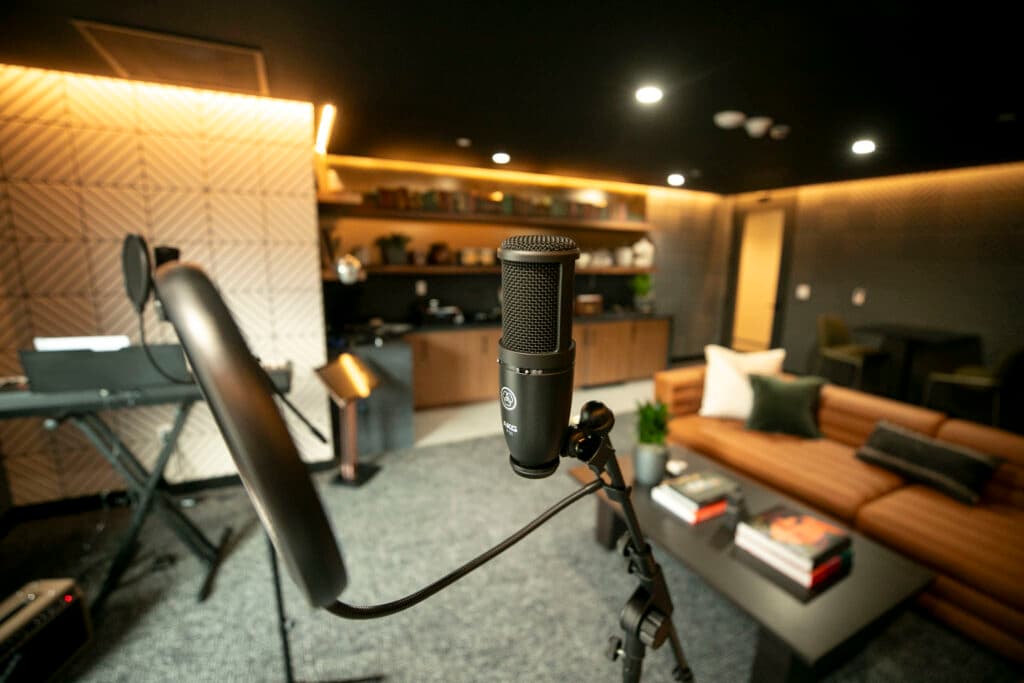
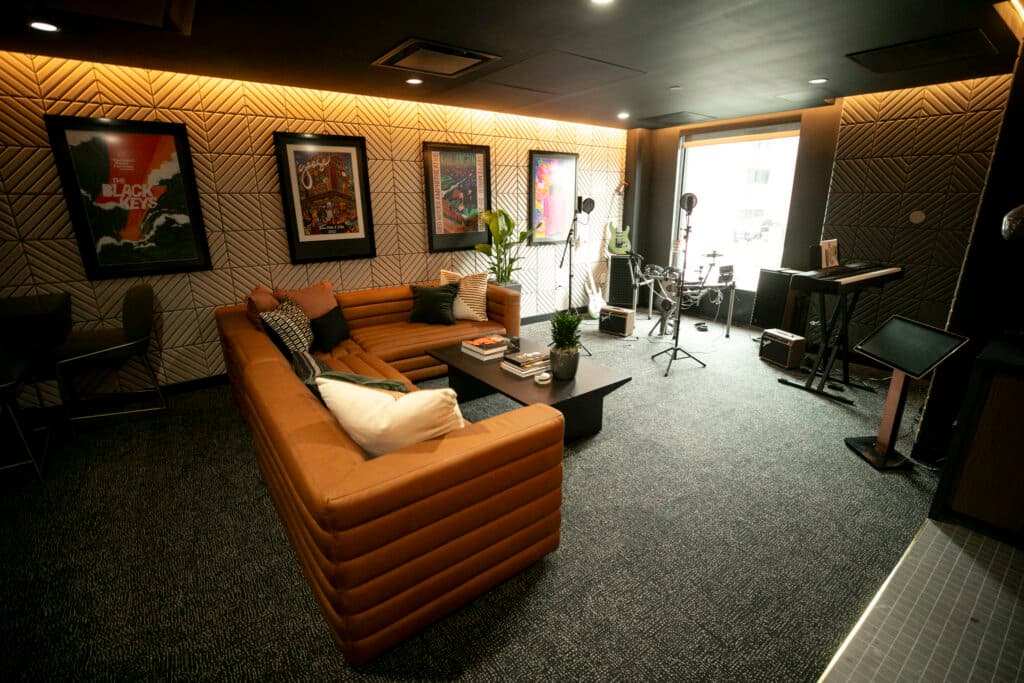
"I think it's no secret that there's an affordability housing crisis right now in Denver," said the foundation's CEO Sara Hazel. "I also know is that Denver benefits from having our leaders like our teachers living in the communities that they serve."
The ten lucky teachers living rent-free could pay off debt, or save for a downpayment on a house.
"I heard from one educator yesterday that I notified that she won," Hazel said. "And she responded right away, just saying this was this was life-changing for her and her family, this opportunity. And so I think that being able to provide that, at this scale, and hopefully bigger scales in the future is just really powerful."
Mayor Mike Johnston and Superintendent Alex Marrero came out to cut the ribbon on the building.
Marrero praised Grand Peaks for its "innovative" approach in housing 10 teachers.
While he's aware of developers focused on workforce housing for educators he has never heard of a market-rate developer offering free rent to teachers.
Johnston described Denver as a world-class city where young people want to move. But it also has a housing affordability crisis he attributes to a lack of housing.
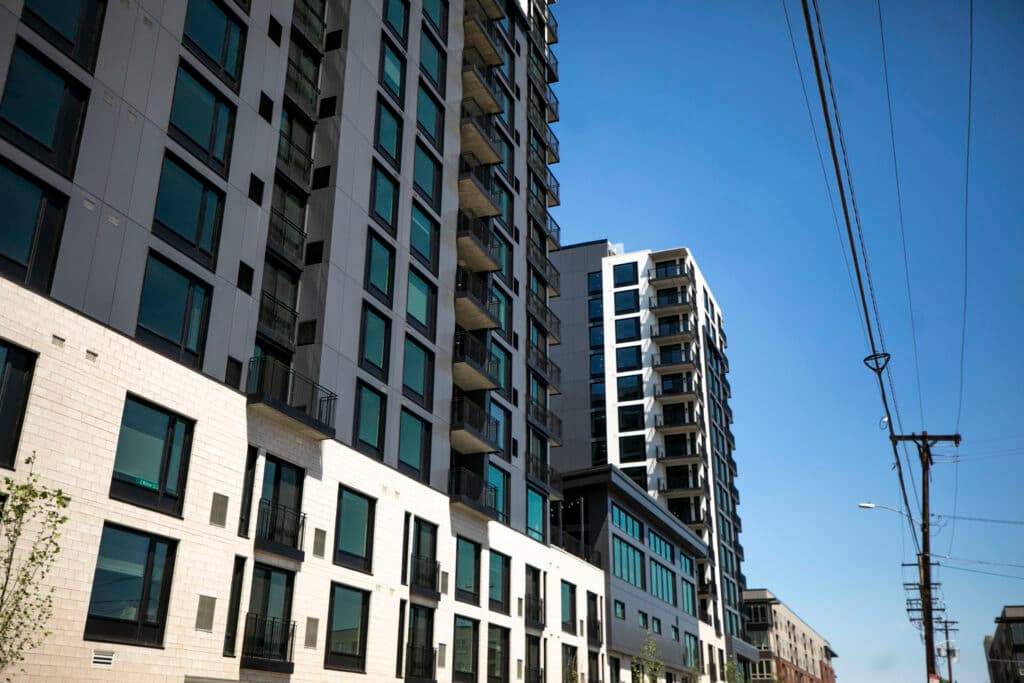
Even the creation of market-rate housing, he argued, has the potential to lower prices in the long term.
"When you have a real shortage of housing, when you build more units, even market-rate units, that has a dramatic effect of immediately opening up more affordable units," he said.
He described this phenomenon as the "moving chain effect."
"These 500 units are going to be incredible for folks to move here," he said. "They're gonna be incredible for that teachers will be able to live and work in their neighborhood. They'll also be incredible for the other 400 units that open up around the city that create more affordability around them."

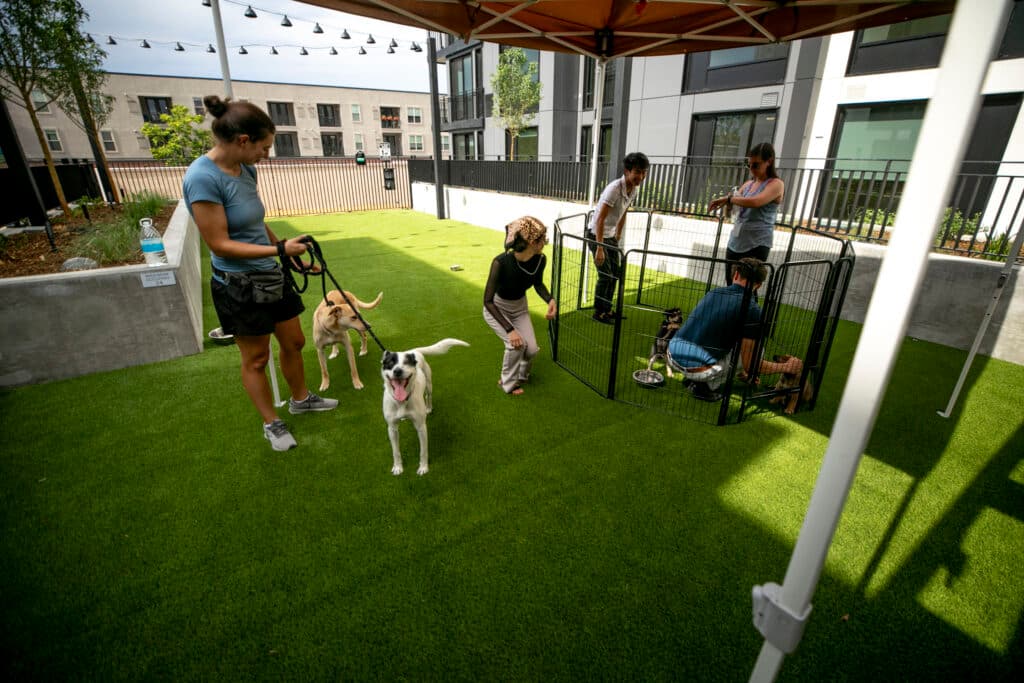
School Board Director Scott Esserman said "it's hard" for Denver teachers to afford to stay in the city.
While some can afford Aurora, they are burdened with long commutes and often decide to leave the city or the profession altogether.
The question the city has to answer beyond the 10 who now have a year of free rent: "How can we make living in the city more affordable for educators?"
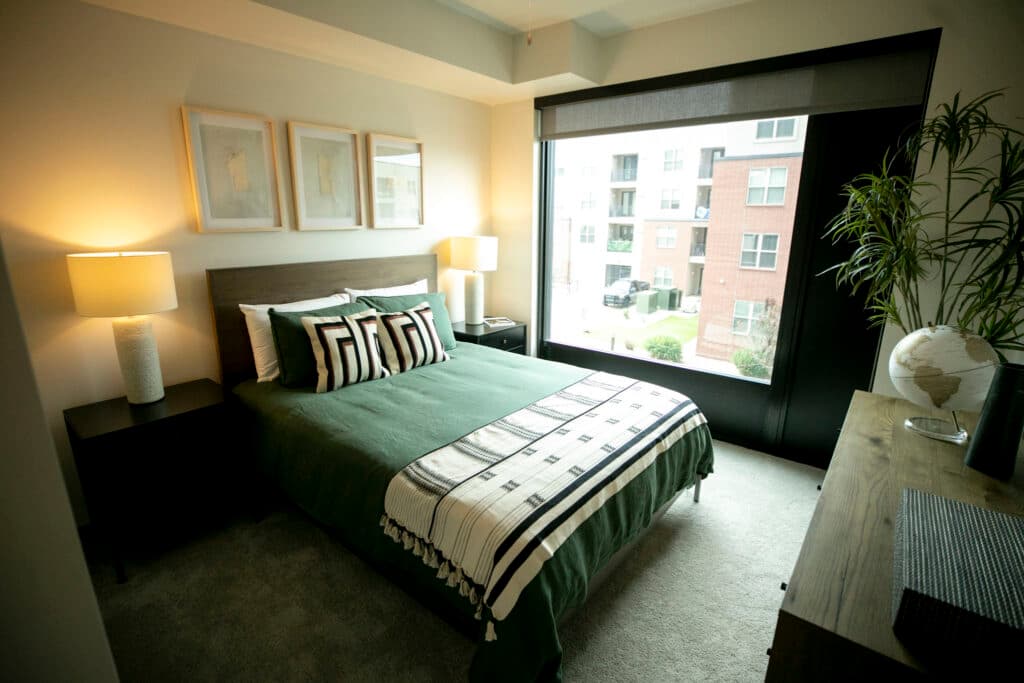
A statewide conversation about housing affordability for teachers is happening across Colorado.
School Board President Carrie Olson, who serves on the Colorado Association of School Boards, said that the organization is in a constant conversation about how to make housing affordable for teachers — especially in mountain towns.
"This is what we need to be doing to make sure we're supporting our teachers, especially our first, second and third year teachers — making it affordable for them to be able to live and work in their community," Olson said. "Because when teachers are a part of the community, it just makes it different. They know their families better. They know the places that their families shop and live and worship — whatever there they do inside and out of school."
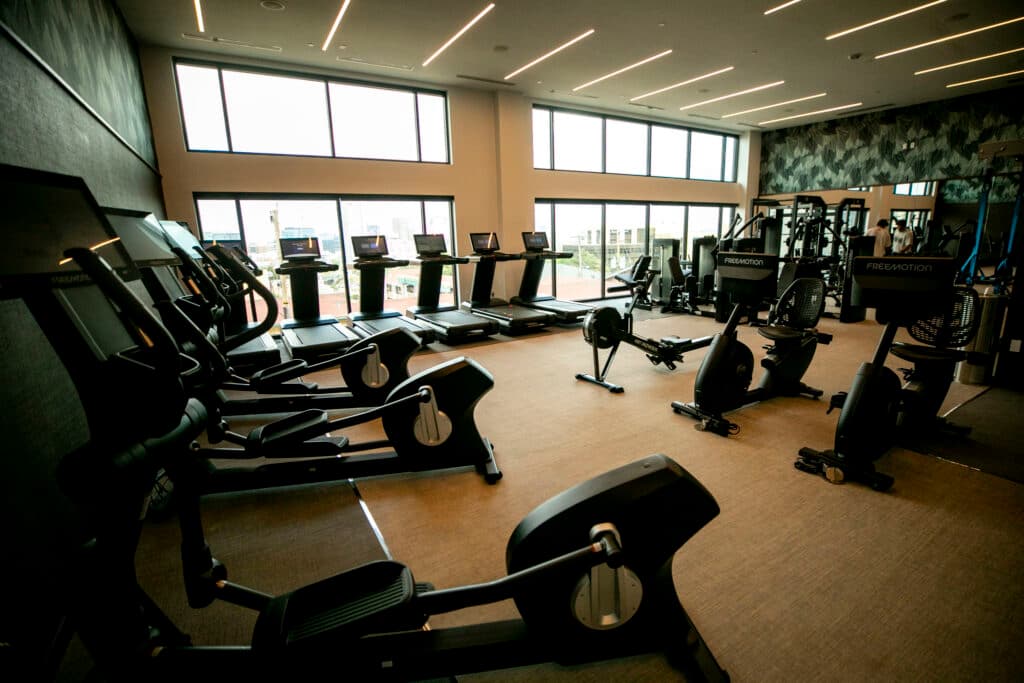
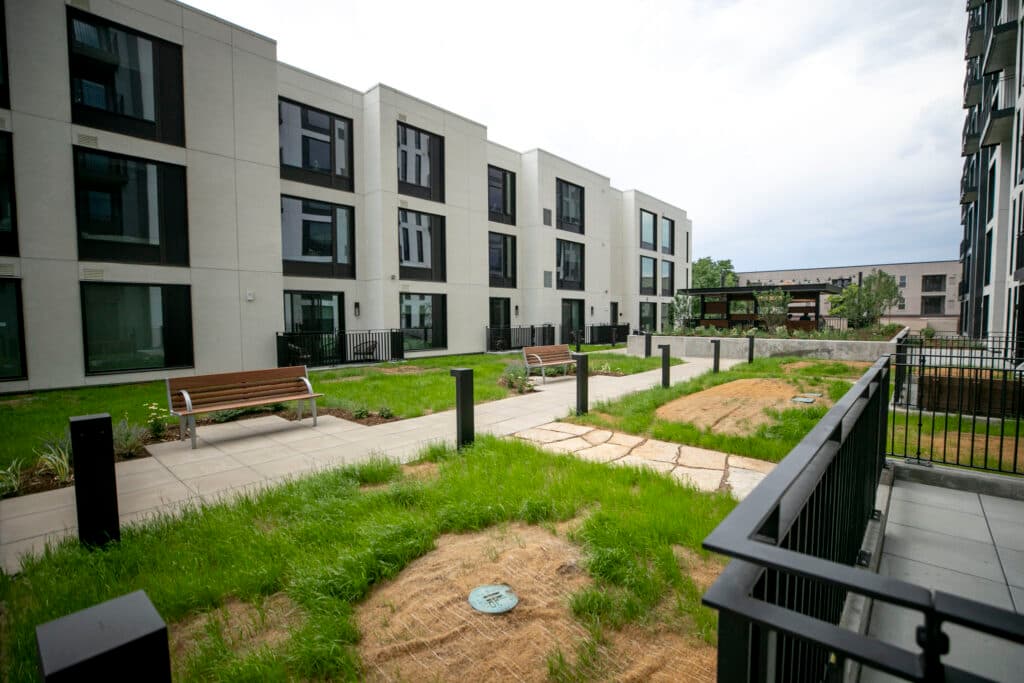
And while housing 10 teachers is a start, she wants to see the program brought to scale for the thousands of other educators who need an affordable home in the communities where they teach.
Her peer group is made up of teachers, and many in her community are struggling to stay in town.
"Ten for free is a drop in the bucket," she said. "But all of the units that are here are going to serve more than 10. So teachers can still access affordable housing, and I think this is something that DPS is going to continue to work with."
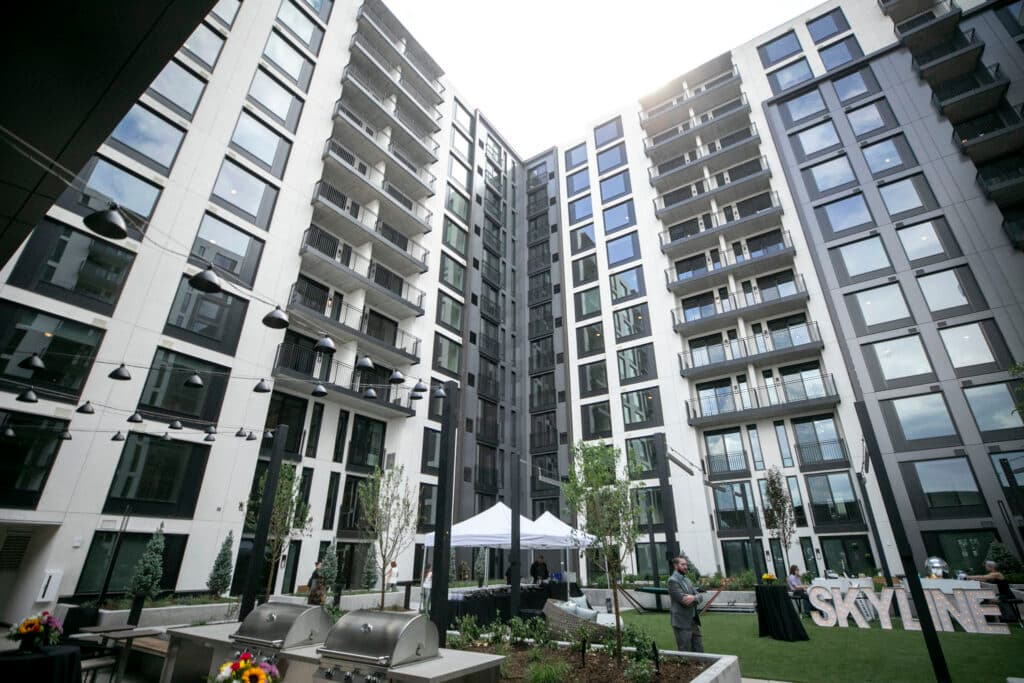
Update: This story has been updated to reflect additional history of the Northside.

